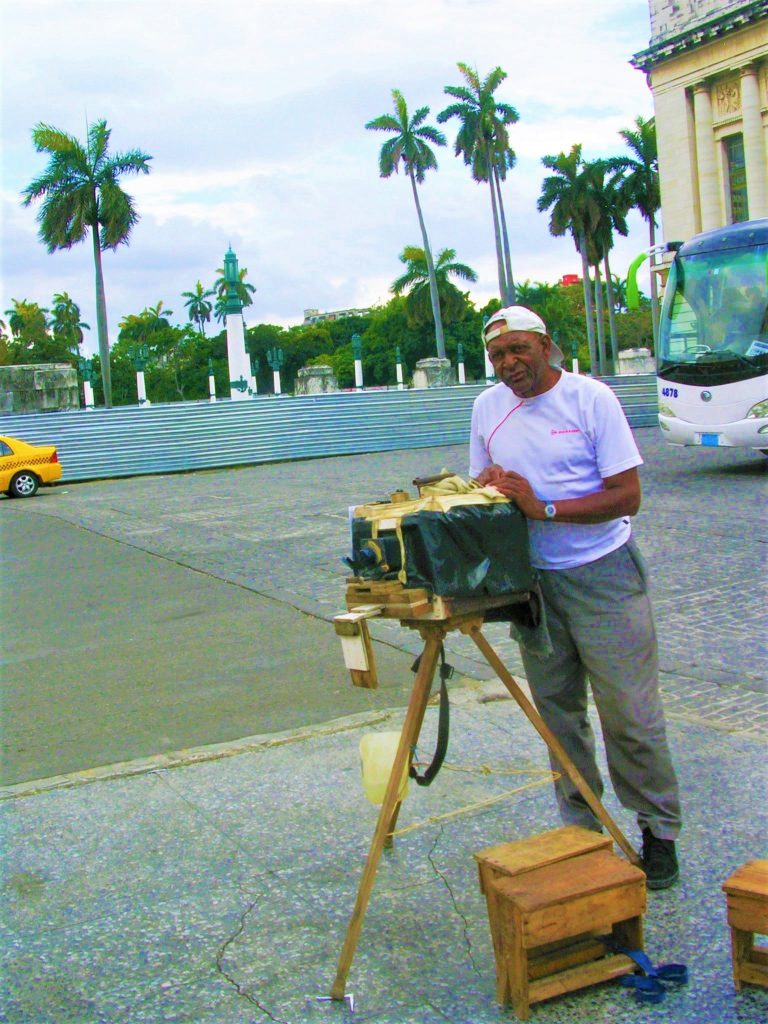Reuters, Jun 02, 2021
Marc Frank
HAVANA — Cuba has approved a reform that includes long-sought legal status for private businesses that began operating decades ago under the title of “self-employed,” state-run media reported on Wednesday.
Top officials have said for months they were planning changes to sort out rules for state-run companies and private cooperatives and businesses so they can function on an equal footing in the Communist-run country.

The Council of Ministers agreed the measure at its latest closed-door session, state-run media wrote, without detailing when it would become law.
The reform would include legal status for the private sector’s thousands of businesses from eateries and garages to construction and beauty salons and for cooperatives.
“With this decision we are approving how to organize the actors in our economy, which goes much further than the simple recognition of some of them,” Communist Party leader and President Miguel Diaz Canel was quoted as stating.
Unlike Communist Party-ruled China and Vietnam, Cuba has been slow to implement market reforms to its Soviet-style command economy. But the government has picked up the pace in the face of a severe economic crisis and food, medicine and other shortages it blames largely on U.S. sanctions and the COVID-19 pandemic, while admitting failure to reform is also at fault.
Still, Prime Minister Manuel Marrero Cruz emphasized the state would remain the dominant economic player, insisting “we are not privatizing the economy,” according to the report.
Private farmers and cooperatives have operated for decades in Cuba in agriculture. The “self-employed” sector meanwhile – that includes businesses, their employees, trades people and others such as taxi drivers – has expanded over the past decade to include more than 600,000 workers. Thousands more work in non-agricultural cooperatives, a new category allowed in 2012. Authorities had suspended issuing new licenses for such cooperatives but under the new reform will start issuing them once more. All in all, the private sector now makes up around a third of the six million strong labor force.
Oniel Diaz, co-founder of the private businesses consultancy AUGE, said approval signaled a further expansion of the private sector was on its way, but it still could take a while. “The wait continues,” he tweeted.
(Reporting by Marc Frank; additional reporting by Sarah Marsh; Editing by Nick Macfie)



